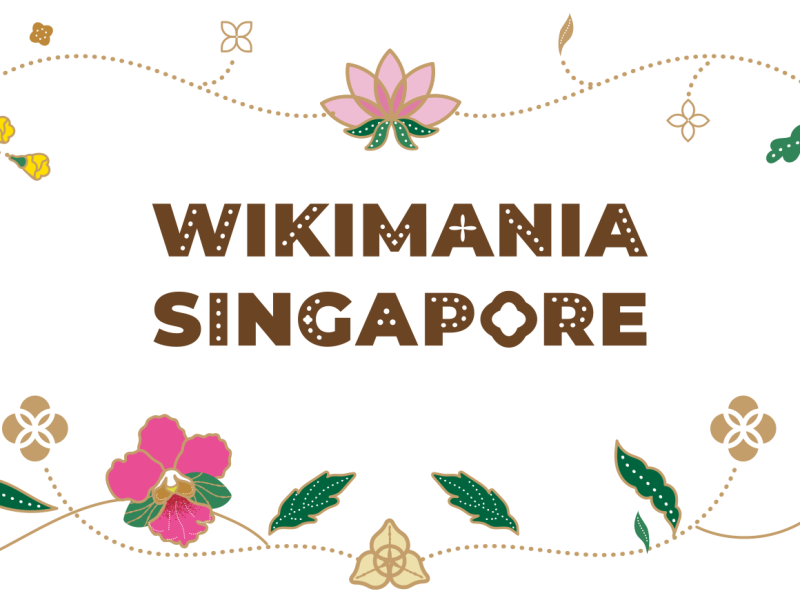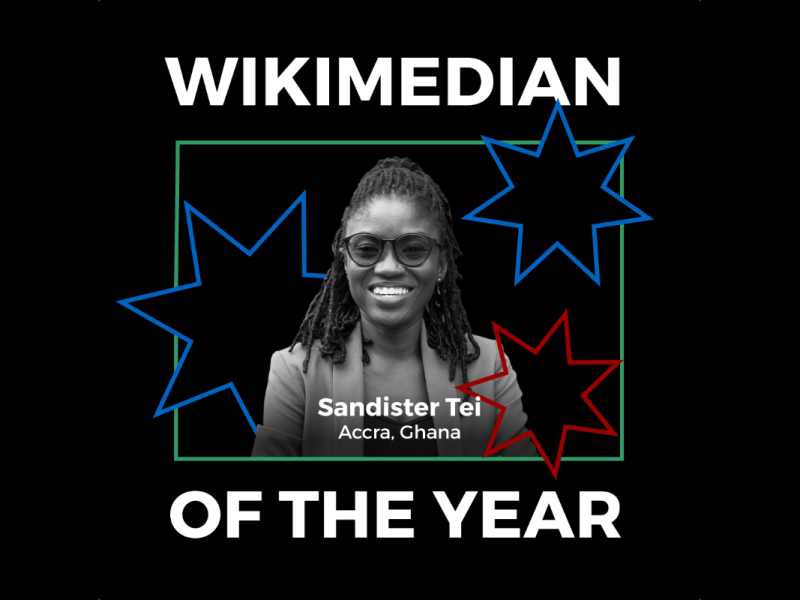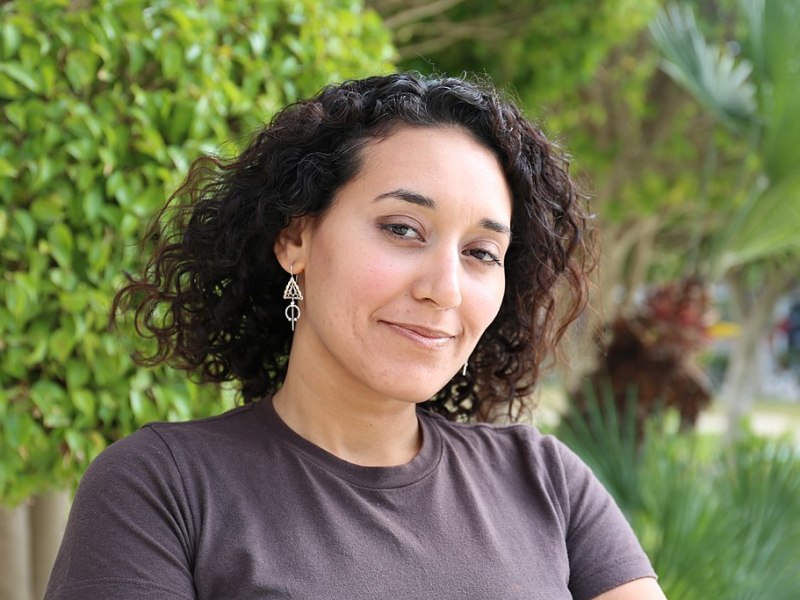One year ago, Farhad Fatkullin was at home gifting his time to simultaneously translating the speeches being given at Wikimania, the annual conference that celebrates Wikipedia, the Wikimedia projects, and the volunteers who contribute to them.
Up on stage for the closing ceremony was Jimmy Wales, the founder of Wikipedia who at each year gives out an award for the Wikimedian of the Year, someone whose achievements exemplify the vision and mission for Wikimedia that we all share: Imagine a world in which every single human being can freely share in the sum of all knowledge.
As Jimmy spoke, Farhad translated. And then Jimmy read out Farhad’s name.
• • •
Farhad lives with his wife and two children in Kazan, the capital of Tatarstan, one of Russia’s over 80 federal subjects. For the last nineteen years, he’s been a freelance conference interpreter, primarily translating between Russian and English but capable of handling another four languages when required, including Tatar.
On Wikimedia projects, he is what Jimmy last year called the “bridge” between several different language communities. Farhad focuses on translating global messages, usually in English, into Russian, which is understood by the members of smaller language Wikimedia communities within the Russian Federation.
“I happen to speak a number of languages and I want my world and that of future generations to be multilingual and multicultural,” he told me. “I am bored by living in one or two linguo-cultural worldviews. Once you have food on the table and safety, we want quality of life—and that’s about creating and experiencing diversity. I love supporting those who help make our world more colorful.”
He added:
Thanks to my great love for the languages and cultures of the world, … I am deeply convinced that “the sum of all knowledge” includes every human language and related cultural knowledge. Unfortunately, we are living in the period of possible mass extinction of languages and loss of cultural diversity. Closing our eyes and letting all this wealth of accumulated knowledge vanish by not making it work for today’s and tomorrow’s generations would be like having only the choice of McDonald’s and other fast-food restaurant chains for catering.
Farhad first learned about the Tatar Wikipedia in 2008, back when he was a United States State Department-sponsored intern within the Tennessee General Assembly, but did not begin to consistently edit the encyclopedia until 2012.
Inspired by his daughter, who was at that time about to start in a Tatar-language elementary school, Farhad said that as the smallest Wikipedia out of the languages he knows, editing it “was clearly the best application of my energy.” It also provided a “gym” where he could exercise and practice his command of the language.
Farhad also quickly became a fixture in Russia’s Wikimedia communities. Across the largest country in the world, many federal subjects choose to recognize a co-official language alongside the principal Russian, including Tatarstan’s Tatar. Farhad’s actions inspired both those communities, which represent nearly thirty Wikipedias, and the overarching Wikimedia Indigenous Languages group, whose mission is to “support and encourage efforts to develop specific Wikimedia projects in small and endangered languages.”
It was for contributions like those that Farhad was given the 2018 Wikimedian of the Year award. Over the past year, he said that the award had “changed his life in an unexpected manner,” although that came with some period of stress as well.
In the wake of the award, Farhad was thrust into being a public face for the Wikimedia communities in Russia, and was able to convert this new-found status into getting audiences with high-ranking officials in the region and country. For instance, Farhad landed a meeting with Tatarstan’s deputy prime minister, and through that contact worked with the government to freely license their official website and establish a permanent Wikimedia working group.
An enthusiastic supporter of expanding access to education, Farhad also met with the former president of Tatarstan and the UNESCO Special Envoy for Intercultural Dialogue. Through these individuals, he was able to get additional backing for the Selet WikiSchool project, which organizes Wikimedia trainings for Tatar-speaking students. Finally, Farhad’s new contacts allowed him to present his “Wiki-Smart Region” project to Russia’s deputy prime minister, among other politicians. The project is aimed at engaging everyone, young and old, into shaping the digital information society, thus both encouraging the adoption of lifelong learning and developing local economies.
As Farhad looks out over the next few years, he’s looking forward to continuing his education-focused work. “All of my plans will take both effort and time,” he says, “but it’s worth it. Tatarstan’s authorities are interested in helping make them happen and advertising them around Russia and beyond, so I believe we should try to develop a reasonable roadmap and showcase it to them.”
You can catch Farhad on stage at the closing ceremony at this year’s Wikimania, taking place from 14–18 August in Stockholm, where he and Jimmy Wales will pass the torch to the next Wikimedian of the Year
Ed Erhart, Senior Editorial Associate, Communications
Wikimedia Foundation




